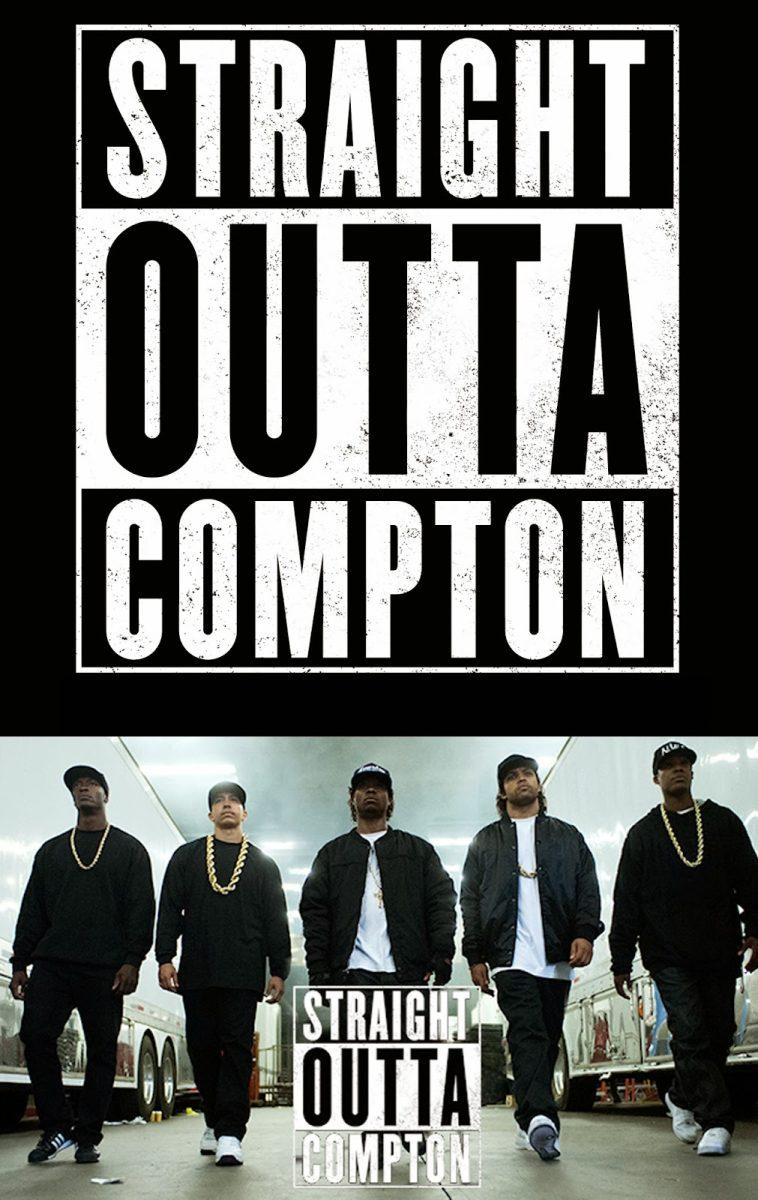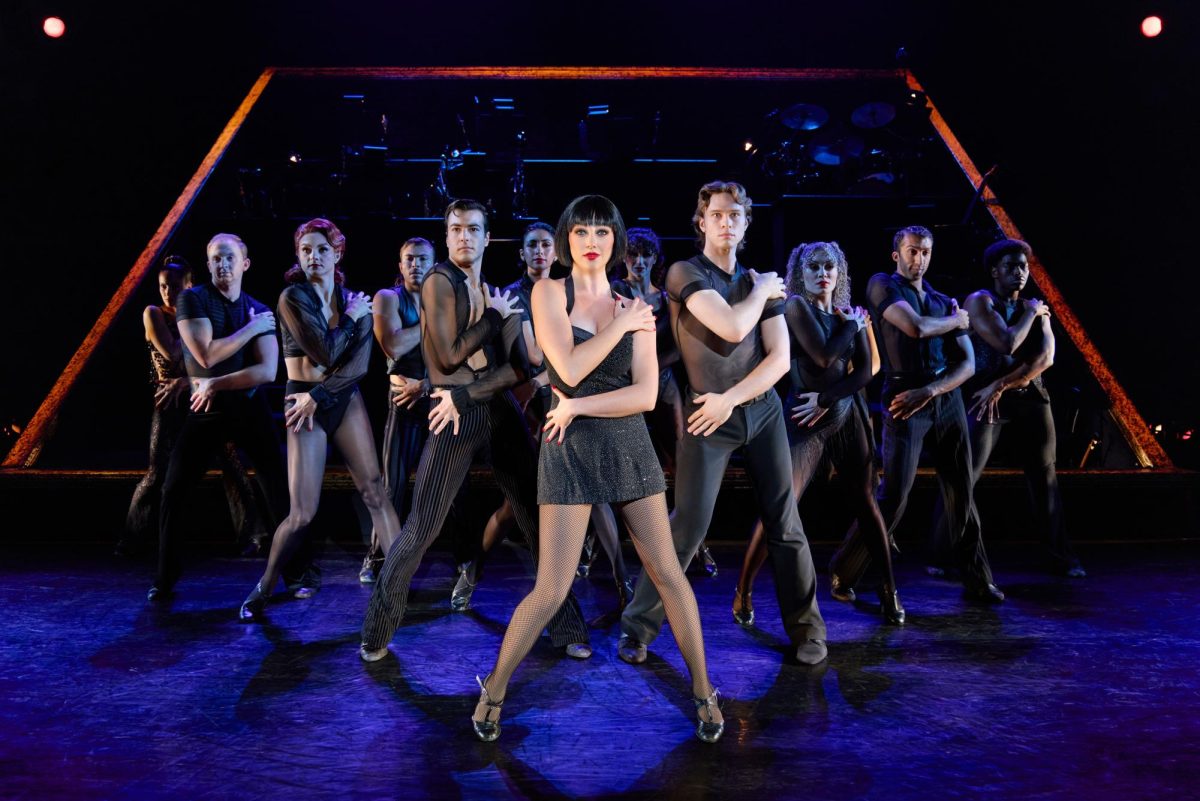Even if you already know the story behind N.W.A., there is enough artistry at work in “Straight Outta Compton” to warrant the ticket price. And if you don’t, the film’s dense and thorough narrative provides equal insight and entertainment to justify its two-and-a-half hour running time.
“Straight Outta Compton” illuminates the rise and eventual dissolution of N.W.A., a genre-defining rap group from Compton, California. Given that the group has such a long history, this is a big film. While not necessarily bloated, each scene has a distinct feeling that it was cherry-picked from a variety of options, leading one to wonder how much material was edited out. In the same token, the film is rich with varying tones. It’s funnier than it needs to be, and its self awareness is one of its greatest virtues.
Being a biopic, the film focuses its lens on the totality of the group rather than singling out individuals. Consequently, notable moments in history for a few of its members are omitted, and being that the film’s producers are a few of the original rappers themselves, the tone of the film is more positive than it might have been in different hands. The rappers, while loud-mouthed and explicit, are the shimmering, polished versions of themselves.
The film is glossy, sleek even, especially for being about rappers from Compton. The cinematography is noticeably fluid, with takes that last much longer than the average cut, and every actor turns in a fantastic performance. Even the cameos of early career Snoop Dogg and Tupac shine, both in look and behavior.
That said, the first half of the film has more momentum than the second, as once the group gains popularity, the only real antagonists are themselves. As the group’s popularity plateaus, so does the film’s narrative, and while it consistently entertains, the pace begins to drag towards the film’s two hour mark.
Regardless, the film’s depiction of police’s racial profiling and involvement in N.W.A.’s come up make the film incredibly well timed. Confidence in American police policy is staggeringly low, and comparing the modern context to one that was host to Rodney King and the L.A. riots will undoubtedly inspire conversations on both sides of the issue.
As artistic as it is insightful, “Straight Outta Compton” is destined to be this generation’s default nostalgia trip and political banner.










